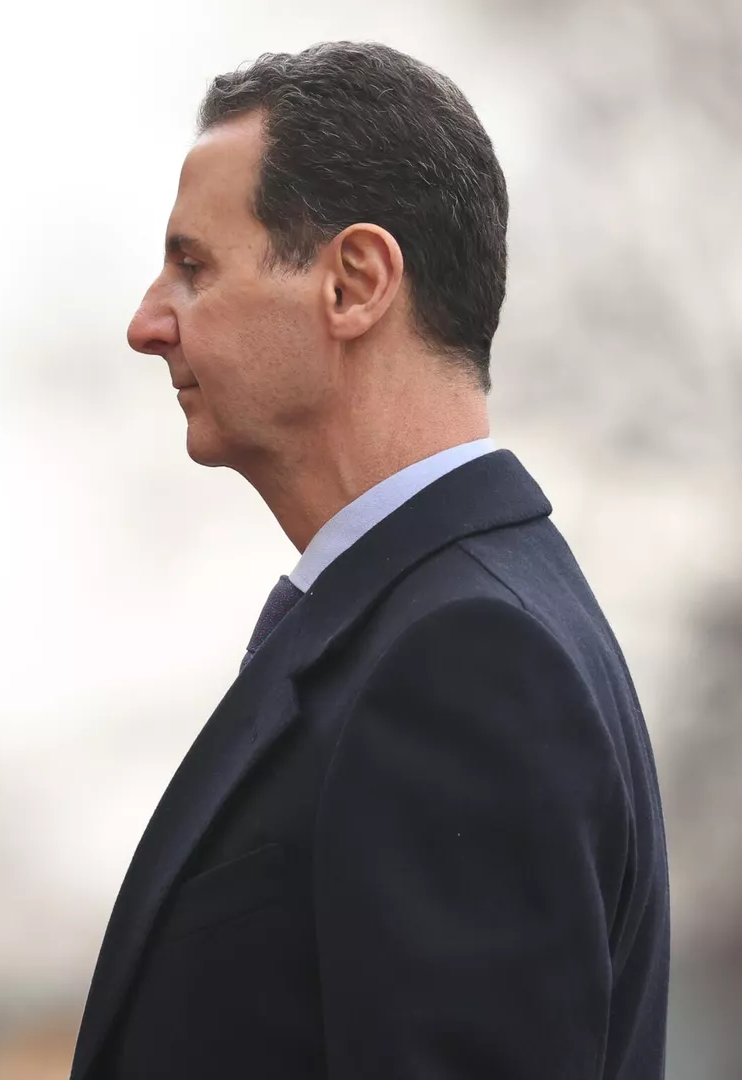
Moscow, December 8 (RHC)-- Bashar al-Assad, the ousted president of Syria, has arrived in Moscow along with his family after his government fell to militants. Citing a source in the Kremlin, several Russian media outlets reported on Sunday that the Russian government has granted Assad and his family asylum.
“President al-Assad of Syria has arrived in Moscow. Russia has granted them (him and his family) asylum on humanitarian grounds,” the Interfax news agency quoted an unnamed source as saying.
Prime Minister Mohammad Ghazi al-Jalali said he had not spoken with Assad since Saturday. Jalali said that he would stay in Syria and was ready to work with whomever the Syrian people choose as their leader.
Militants, headed by Hay’at Tahrir al-Sham (HTS), declared a curfew in Damascus on Sunday until the following morning, after seizing the capital following a lightning offensive launched last week.
Abu Mohammad al-Jolani, the HTS commander, said Sunday that Syrian state institutions would be supervised by Jalali until a transition of power takes place.
The HTS said it would work with the prime minister and called on Syrian military forces in Damascus to stay away from public institutions.
President Assad reportedly departed Syria on an airplane earlier in the day, bringing an end to more than five decades of his family’s rule over Syria.
Russia says Bashar al-Assad decided to leave Syria as a result of negotiations with "a number of participants in the armed conflict." In a statement earlier, Russia’s Foreign Ministry said Assad had resigned and left Syria, but it did not provide details on where he had gone. The ministry said Assad had given instructions for a peaceful transition of power.
President Assad’s departure came after armed militants swept through the country in an offensive that saw them first capture Aleppo in the northwest and then advance south towards the key cities of Hama and Homs before storming into Damascus.
Assad’s exit raises concerns about who will lead Syria, a country that has grappled with years of foreign-backed militancy with rival factions vying for control over different areas of the country.

